Whales are some of the most fascinating creatures in the ocean. They dive deep, not just into the water, but also into complex social structures and communication patterns. If you’ve ever wondered what goes on inside those big brains, you’re not alone. Let’s explore 13 facts that reveal just how deep-thinking these majestic ocean dwellers really are.
1. Complex Communication Skills
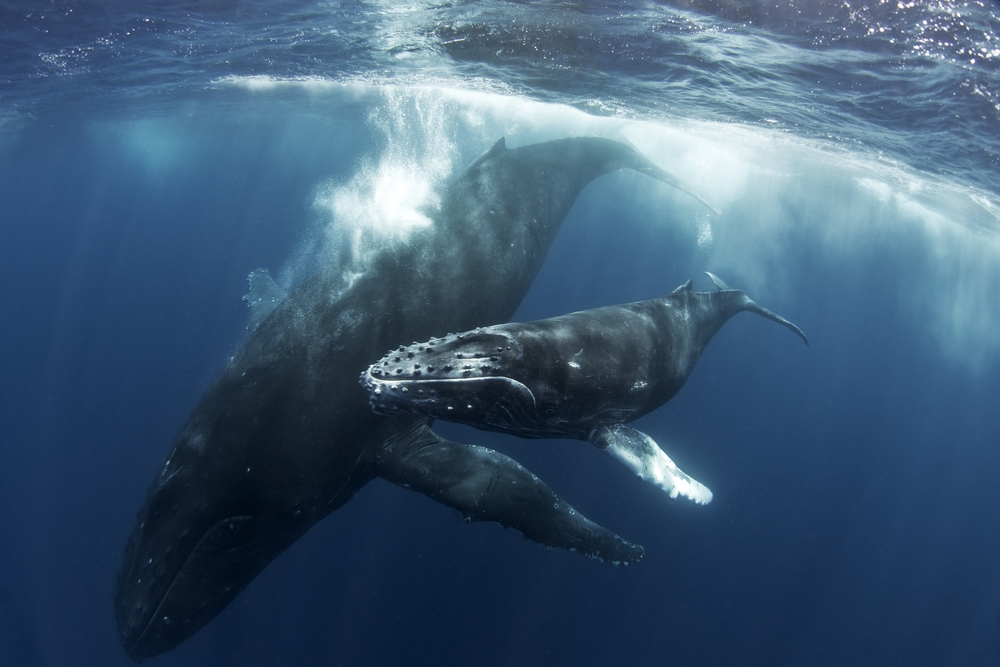
Whales are not just big; they are big on communication, too. They use a series of clicks, whistles, and pulsing calls to express themselves. This isn’t just random noise; it’s a sophisticated language. According to marine biologist Dr. Roger Payne, whales have unique calls that can travel up to a thousand miles underwater. So, when it comes to expressing themselves, they are basically the ocean’s chatterboxes.
Their communication isn’t just for fun; it’s essential for survival. Whales use their vocalizations to find mates, navigate, and even hunt in groups. These calls are so crucial that when shipping noise disrupts them, it can seriously stress the whales out. Imagine trying to chat with your friends in a noisy restaurant—frustrating, right? That’s a daily challenge for whales.
2. Long-Term Memory
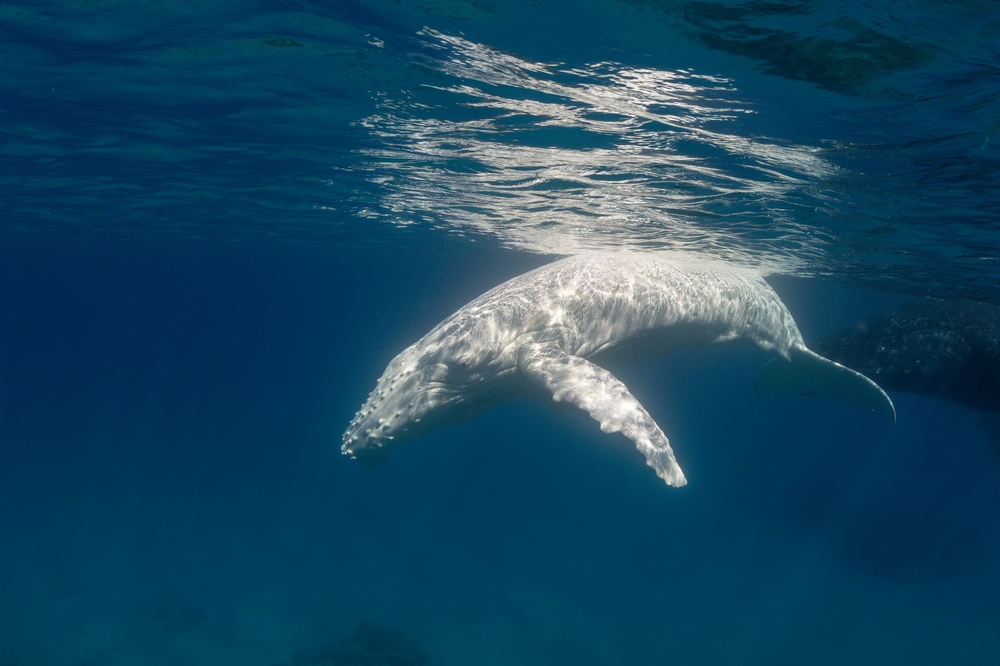
Whales have impressive long-term memory capabilities. They remember migration routes and feeding grounds across thousands of miles. These routes are passed down through generations, like a family tradition. This memory helps them return to the same breeding and feeding areas year after year. It’s like having Google Maps built into their brains.
Their memory isn’t just limited to navigation. Whales can also remember social interactions and faces. They form long-term bonds with other whales, sometimes lasting a lifetime. This social memory helps them build complex social networks. So, they never forget a friend—or a foe.
3. Social Structures
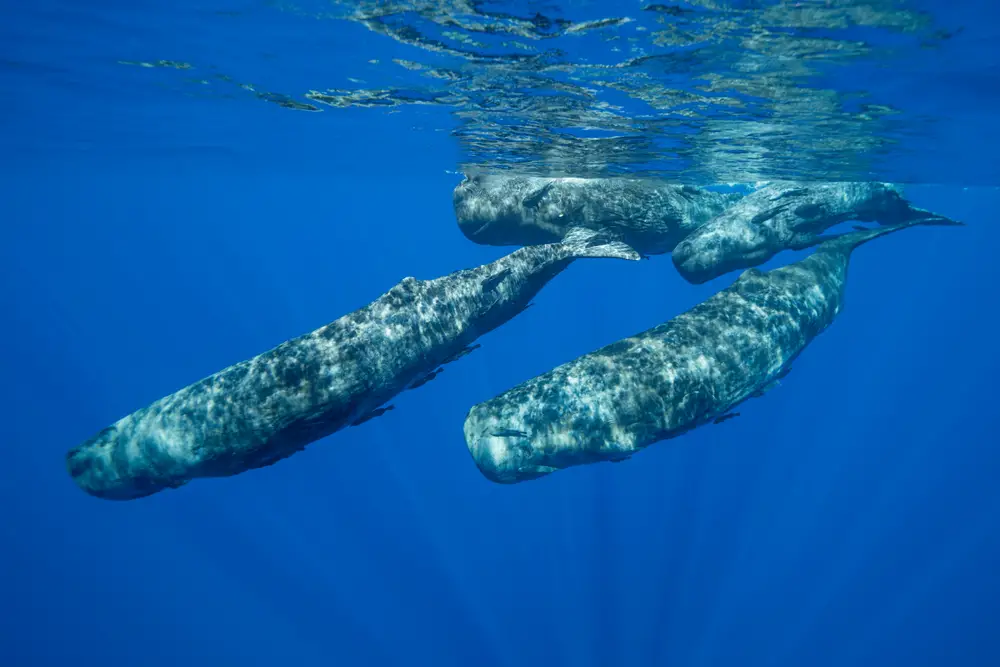
Whales live in some of the most complex social structures in the animal kingdom. They form pods, which are like extended families, that can include dozens of individuals. These pods often have a matriarchal structure, with older females leading the way. According to Dr. Hal Whitehead, a leading cetacean expert, these social structures are vital for their survival. They help with hunting, protection, and even childcare.
Social structures also mean that whales thrive on cooperation. They hunt in groups, using bubbles to corral fish into tight balls, making it easier to catch them. This teamwork demonstrates a high level of intelligence and social cooperation. It’s not just about strength in numbers; it’s about smart strategies and shared responsibilities. Clearly, whales know the power of community.
4. Emotional Intelligence
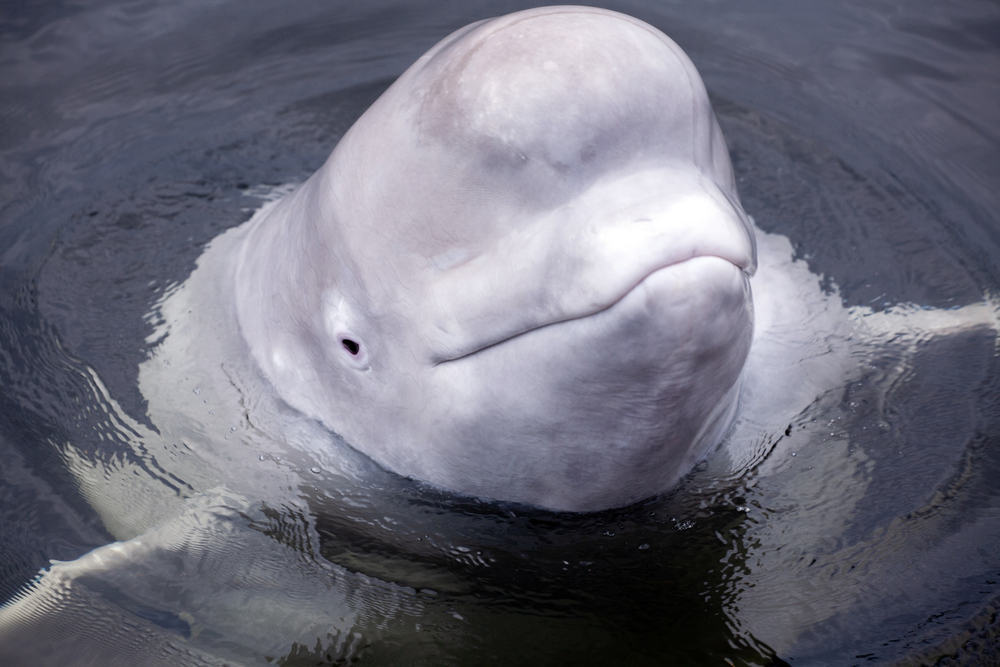
Whales are deeply emotional beings. They display behaviors that suggest empathy, such as helping injured or sick pod members. They’ve even been seen mourning their dead, carrying the bodies of deceased calves. This emotional depth is rare in the animal kingdom. When a whale loses a companion, it’s like losing a part of itself.
Emotional intelligence in whales isn’t just about sadness. They also experience joy and playfulness. Watching a whale breach or slap its tail can feel like watching a child at play. These behaviors aren’t just for fun; they’re a form of social bonding. In the whale world, play is serious business.
5. Problem-Solving Abilities
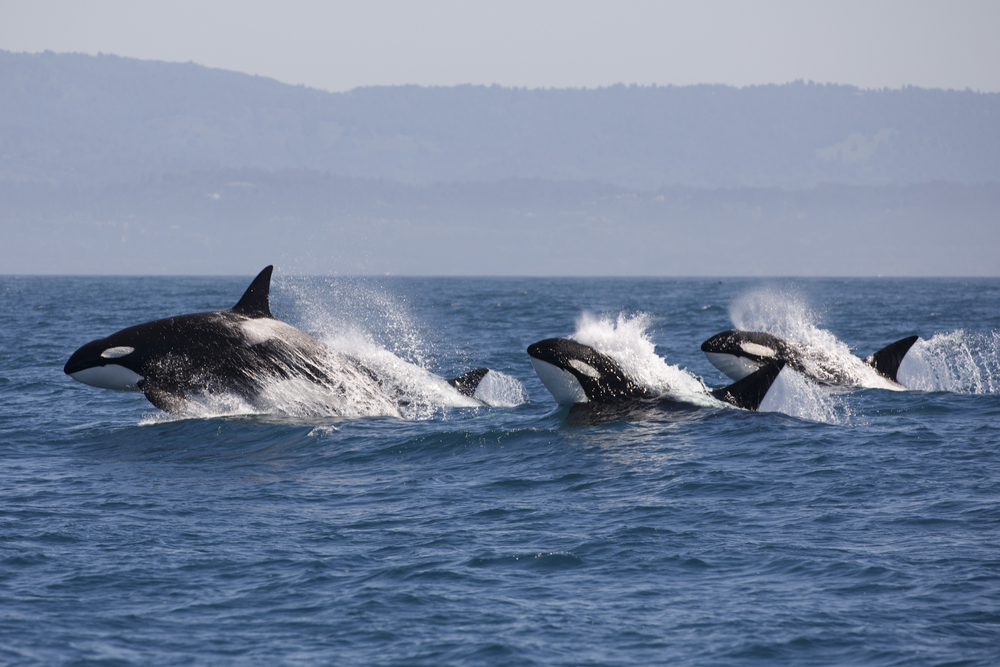
Whales have shown remarkable problem-solving skills. They can adapt to different hunting techniques depending on their environment. In one study by marine researcher Dr. Patrick Miller, whales were observed using tools, like carrying sponges to protect their snouts while foraging on the ocean floor. This behavior demonstrates an ability to think ahead and plan. It’s a level of foresight that few animals possess.
Problem-solving also extends to social interactions. Whales have been seen mediating conflicts within pods, showing that they can think beyond immediate needs. They understand the importance of maintaining social harmony. So, when it comes to thinking things through, whales are a step ahead of most marine life. Their ability to solve complex problems makes them formidable thinkers.
6. Cultural Traditions
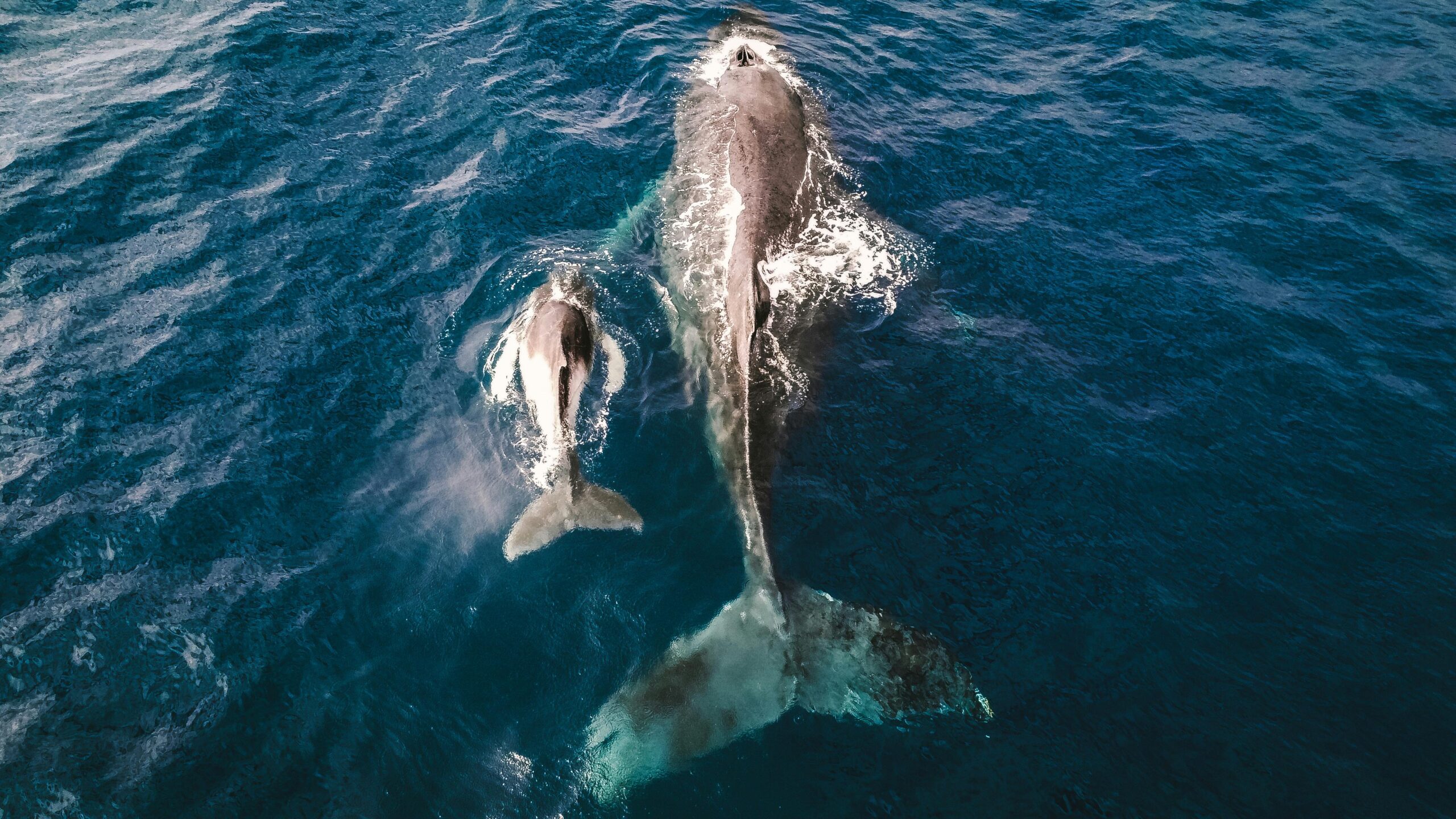
Whales have rich cultural traditions that vary between pods. These traditions include specific songs, hunting techniques, and even social behaviors. It’s fascinating to think about how these cultural elements are passed down through generations. They are like the learned behaviors you might find in a tight-knit community. Each pod has its own unique identity.
Cultural traditions also influence how whales interact with their environment. Some pods specialize in hunting specific prey, like squid or fish, depending on what their ancestors did. This cultural knowledge is crucial for their survival. It allows them to adapt to changes in their environment over time. When it comes to keeping tradition alive, whales excel.
7. Lifelong Learning
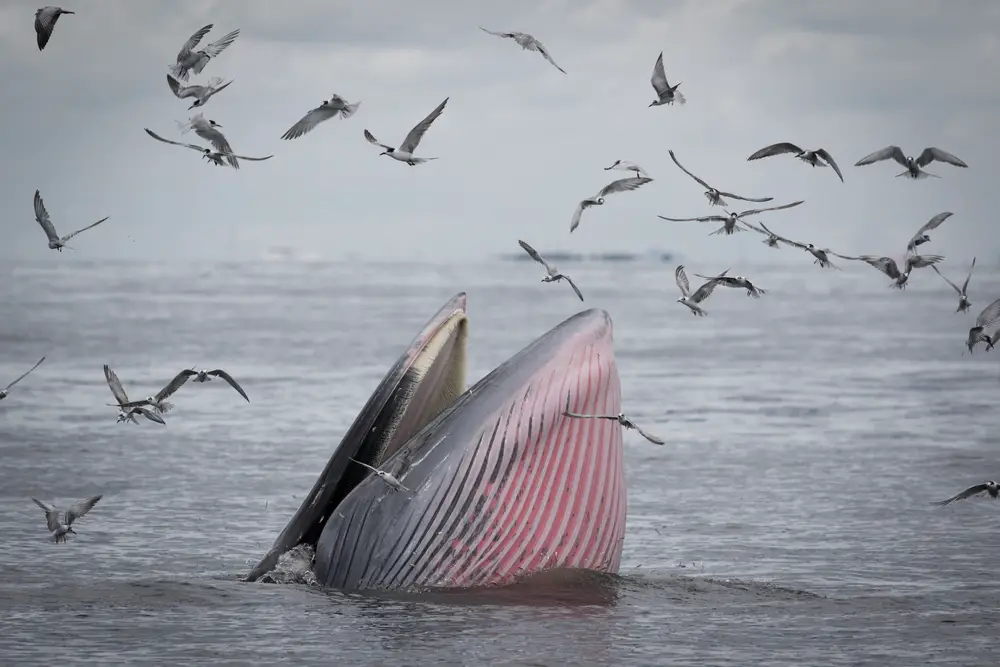
Whales are constantly learning throughout their lives. Unlike many animals that rely solely on instincts, whales learn from experience and observation. Dr. Lori Marino, a neuroscientist specializing in whale intelligence, suggests that their brains are wired for continual learning. This capacity is similar to humans and primates. They can adapt their behavior based on new information or changing conditions.
This lifelong learning is evident in their complex mating songs. These songs evolve over time, with young whales learning from the older, experienced members of their pods. It’s a dynamic process that reflects their need to adapt and grow. So, when it comes to learning, whales never really graduate. They’re always students of the ocean.
8. Advanced Navigation Skills
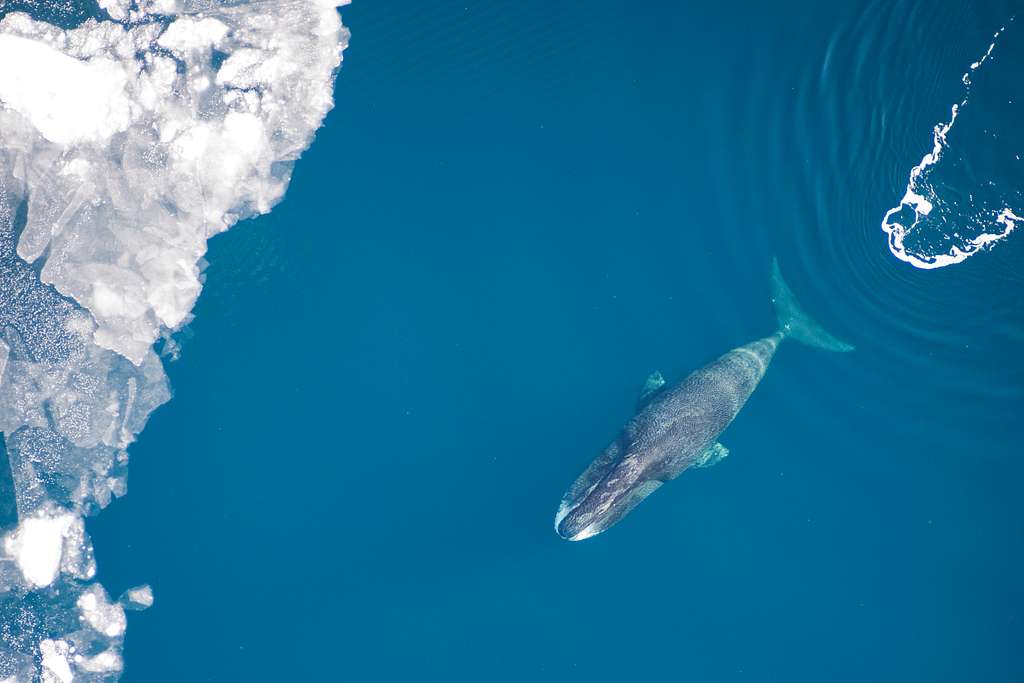
Whales are equipped with extraordinary navigation skills. They migrate thousands of miles, crossing entire oceans with an accuracy that leaves scientists in awe. This skill is largely thanks to their ability to sense Earth’s magnetic field, acting like a built-in compass. Their internal navigation system is far more advanced than any GPS you might use. It’s a natural wonder that science is still trying to fully understand.
Their navigational prowess isn’t just for migration. It also helps them find food and avoid danger. They’re able to detect subtle changes in water temperature and currents, guiding them to their next destination. It’s as if they have a sixth sense. These skills are vital for their survival in an ever-changing ocean environment.
9. Strong Family Bonds

Whales form strong family bonds, often staying with their mothers for several years. These bonds are crucial for the young ones to learn necessary survival skills. Mothers teach their calves everything from hunting techniques to navigation routes. This nurturing relationship is foundational for their development. It’s comparable to a human child learning from their parents.
Family bonds extend beyond just mothers and calves. Whales maintain lifelong relationships with other pod members. These bonds provide emotional support and aid in cooperative hunting and protection. When you consider their complex social lives, it becomes clear that whales prioritize family. Their bonds are as deep as the ocean.
10. Acoustic Sophistication
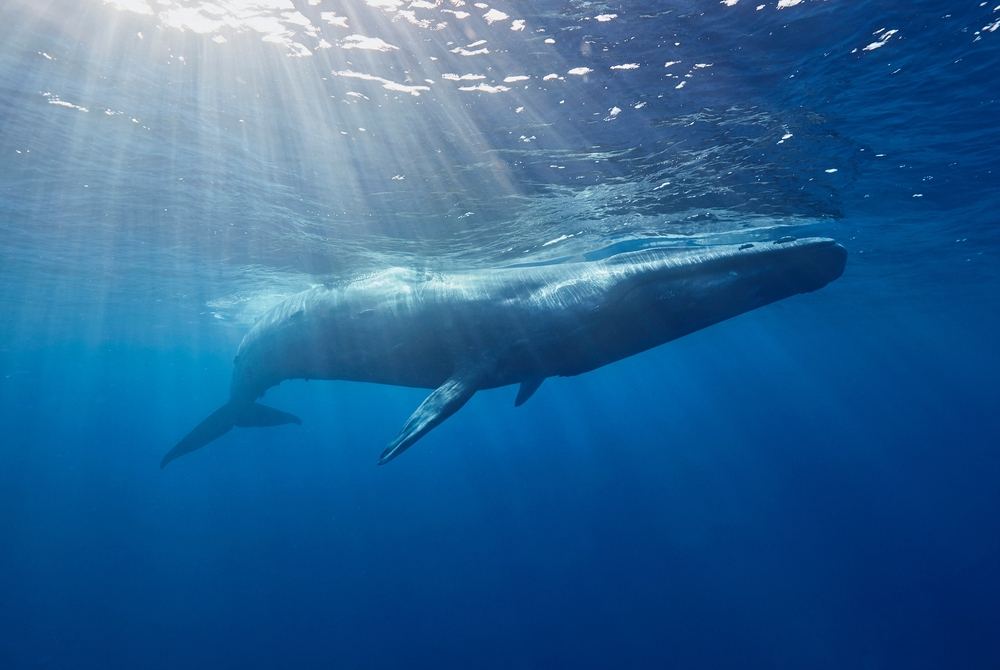
Whales possess incredible acoustic abilities. They can produce sounds that are not only loud but also incredibly complex. These sounds serve multiple purposes, from communicating with other whales to mapping their surroundings through echolocation. It’s a sophisticated system that few animals can rival. When it comes to sound, whales are the maestros of the sea.
Their acoustic skills are vital for their lifestyle in the vast ocean. Sound travels farther and faster underwater, making it the ideal medium for communication. Whales can even distinguish between different types of sounds, allowing them to communicate effectively over great distances. This acoustic prowess is another layer of their deep-thinking capabilities. It’s their way of keeping in touch with the world around them.
11. Adaptability To Change
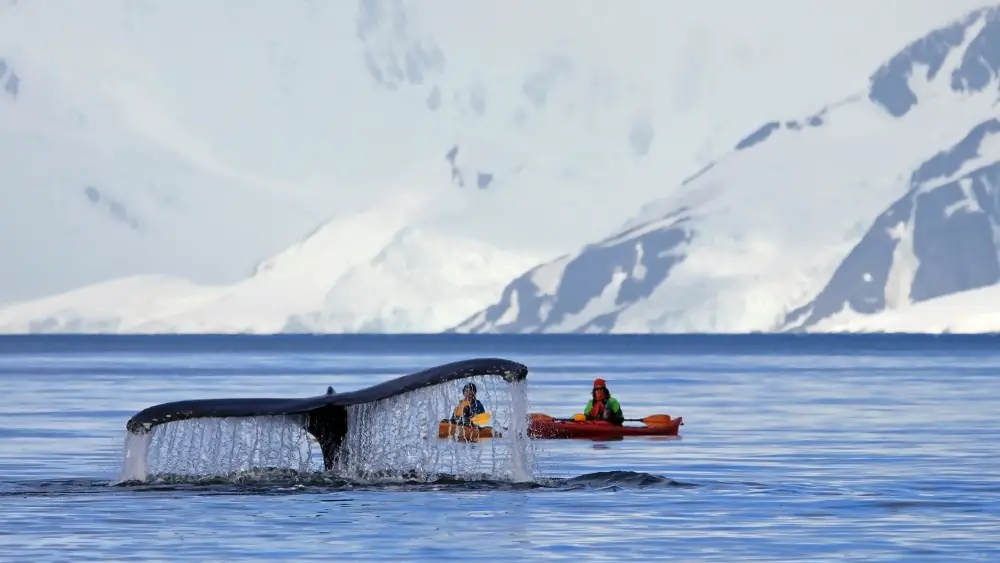
Whales are masters of adaptation. They have evolved over millions of years to become the ocean’s most efficient swimmers. Their bodies are streamlined, enabling them to glide effortlessly through water. This physical adaptation is matched by their ability to change behaviors based on environmental conditions. They adjust their migration patterns and feeding habits as needed.
Adaptability also extends to their social structures. Whales can form temporary alliances with other pods to take advantage of abundant food sources. This flexibility ensures their survival in a world that is constantly changing. It’s a testament to their resilience and intelligence. When faced with challenges, whales adapt and thrive.
12. Environmental Awareness
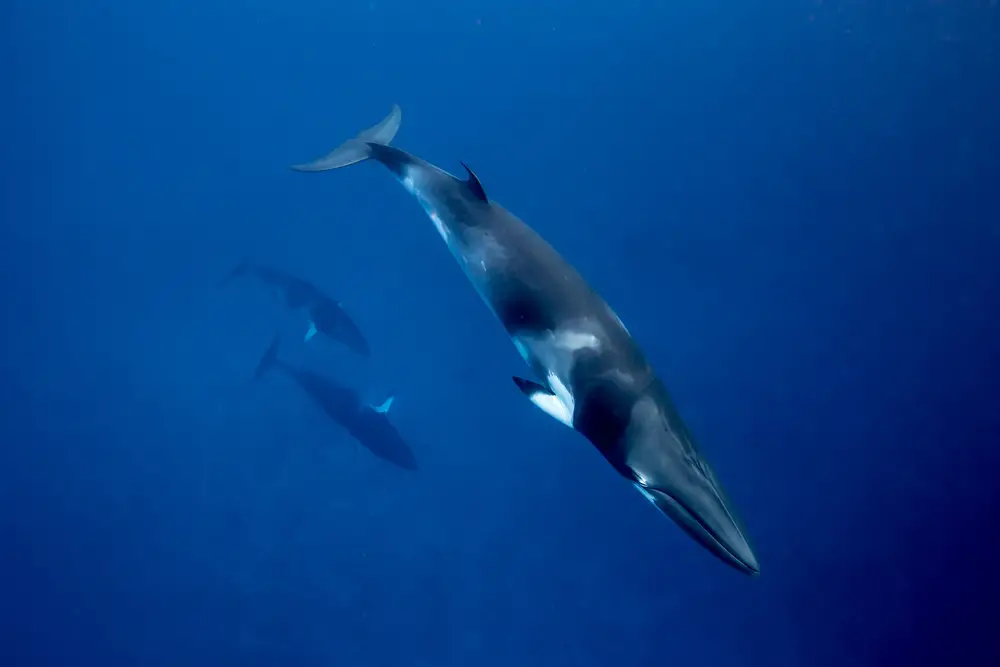
Whales are highly attuned to their environment. They can sense changes in water temperature, salinity, and even the Earth’s magnetic field. This keen awareness helps them navigate and find food in the vast ocean. It’s like having an internal environmental radar. Their ability to read these cues is essential for their survival.
Their environmental awareness also means they are sensitive to changes caused by humans. Polluted waters and noisy ship traffic can disrupt their natural behaviors. Whales often change their routes to avoid these disturbances. Their sensitivity to their surroundings makes them excellent indicators of ocean health. They remind us of the importance of protecting our marine ecosystems.
13. Influential Ecosystem Engineers
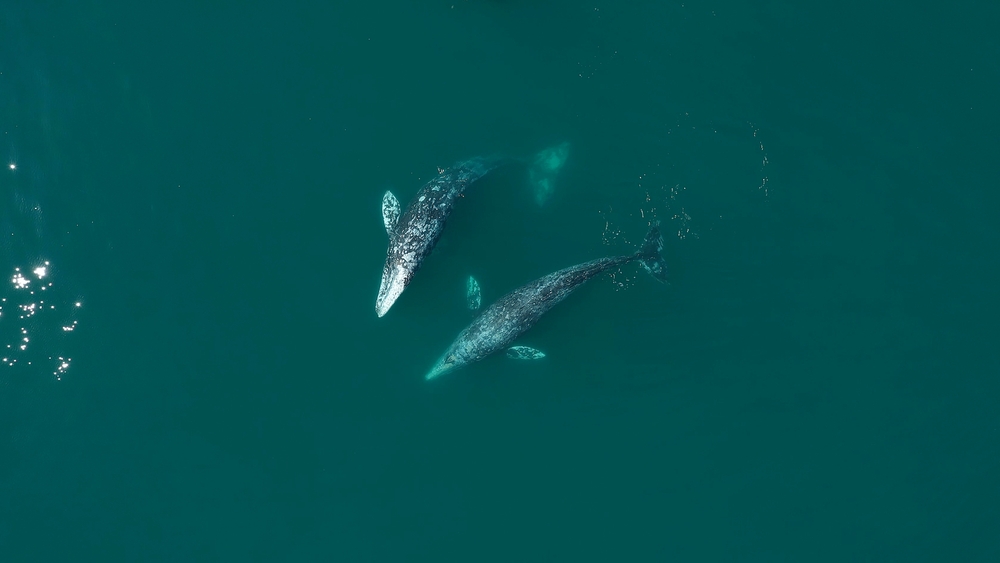
Whales play a crucial role in maintaining the ocean’s health. As they move through the water, they help circulate nutrients, which support marine life. Their feeding habits also help control populations of smaller marine creatures. This balance is essential for a healthy ecosystem. Whales are like the gardeners of the sea.
Their influence extends beyond just nutrient distribution. Whale poop, rich in iron and nitrogen, fertilizes the ocean, promoting the growth of phytoplankton. These microscopic plants are vital for absorbing carbon dioxide and producing oxygen. In a way, whales contribute to life on Earth by supporting these processes. They’re not just thinkers; they’re doers, shaping the very environment they inhabit.
